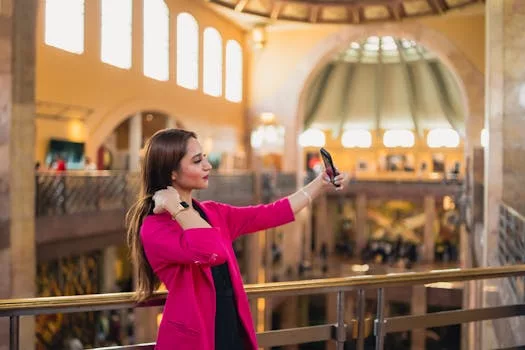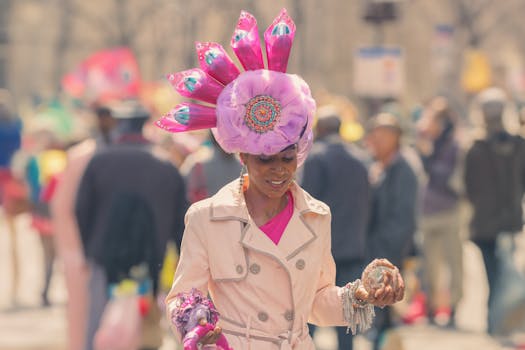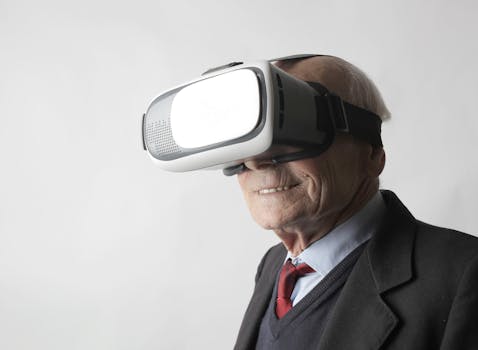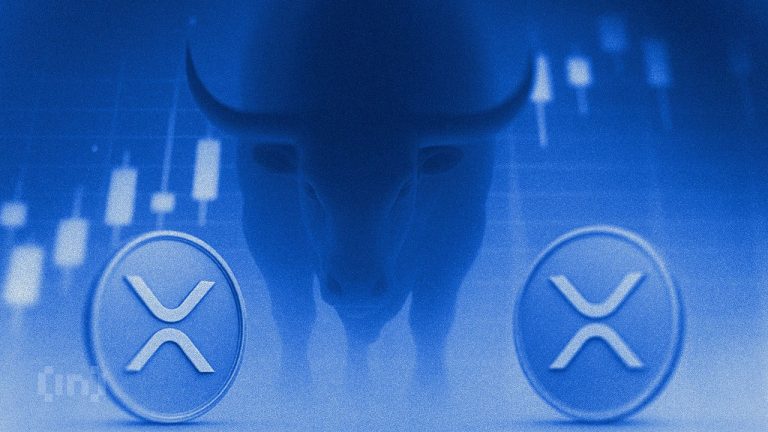
Takeaways

Introduction to Social Media and Fashion
The Rise of Social Media

Social media has created a new landscape for fashion brands, where traditional marketing strategies are no longer sufficient. The industry must adapt to meet the demands of a digital-savvy audience that seeks authenticity, engagement, and personalization. As a result, fashion brands are increasingly leveraging social media platforms to connect with consumers, showcase their collections, and influence purchasing decisions.
The Role of Influencers in Fashion
Influencers have become key players in the fashion industry, acting as intermediaries between brands and consumers. These individuals possess the ability to shape opinions and trends through their curated feeds and authentic engagement with followers. The rise of influencer culture has led to a shift in how fashion is marketed, with brands collaborating with influencers to reach niche audiences and create relatable content.
Unlike traditional celebrities, influencers often cultivate a personal connection with their audience, making their recommendations feel more genuine. This shift has resulted in a more democratized fashion landscape, where diverse styles and voices can gain visibility and impact. As influencers share their unique interpretations of fashion, they inspire their followers to embrace their individual style, ultimately allowing for a more inclusive fashion narrative.
The Impact of Social Media on Fashion Trends
Trend Acceleration and Virality

For example, the rise of the ‘TikTok Made Me Buy It’ trend highlights how quickly items can gain popularity through short-form videos and user-generated content. When a particular item or style is featured in a viral video, it often leads to a surge in demand, prompting brands to produce similar items to meet consumer interest.
This rapid trend cycle can be advantageous for brands looking to capitalize on current consumer preferences, but it also presents challenges. The pressure to constantly innovate and produce new styles can lead to issues such as fast fashion, where quality and sustainability are often sacrificed in favor of speed and profitability.
The Democratization of Fashion
Social media has played a pivotal role in democratizing fashion, allowing individuals from various backgrounds to participate in the conversation. Platforms like Instagram and TikTok provide users the opportunity to showcase their personal style, regardless of their fashion industry credentials. This shift has given rise to a diverse range of fashion influencers, from everyday individuals to established professionals, each bringing their unique perspective to the table.
This democratization has also led to the emergence of ‘micro-influencers,’ individuals with smaller but highly engaged audiences. Brands are increasingly recognizing the value of these influencers, as their recommendations often come across as more authentic and relatable. As a result, fashion marketing strategies have evolved to include partnerships with these influencers, diversifying the types of voices that shape modern fashion trends.
Consumer Behavior and Engagement
The influence of social media extends beyond trend creation; it also impacts consumer behavior significantly. Social media platforms provide a space for consumers to explore new styles, engage with brands, and make purchasing decisions based on recommendations from influencers and their peers. The integration of shopping features within platforms like Instagram and Facebook has further streamlined the shopping experience, allowing users to buy products directly from posts.
This shift has altered how brands engage with consumers. Fashion companies are now focusing on building communities around their brands, fostering relationships through interactive content, customer feedback, and personalized experiences. Brands that effectively leverage social media to connect with their customers can cultivate loyalty and drive repeat purchases, transforming casual shoppers into brand advocates.
The Future of Fashion in the Age of Social Media
Technological Innovations and Virtual Fashion

Additionally, the rise of digital fashion, where designers create virtual garments for avatars in online spaces, is gaining traction. This trend reflects a shift in consumer attitudes toward sustainability, as digital fashion reduces waste and environmental impact. As social media continues to evolve, the integration of technology will likely lead to new ways for consumers to experience and engage with fashion.
Challenges and Ethical Considerations
While social media has transformed the fashion industry in many positive ways, it also presents challenges and ethical considerations. The fast-paced nature of trend cycles can contribute to the problem of fast fashion, prompting concerns over sustainability and ethical labor practices. As brands rush to produce trendy items, they often overlook the environmental and social impact of their actions.
Moreover, the pressure to maintain a curated online presence can lead to issues of mental health and self-esteem, particularly among young consumers who constantly compare themselves to influencers. As the fashion industry navigates these challenges, it is crucial for brands and consumers to prioritize ethical practices and mental well-being to foster a more sustainable and inclusive fashion landscape.
The Role of Community and Connection
In the digital age, community plays a vital role in shaping fashion trends. Social media platforms facilitate connections among users, allowing them to share their style journeys and inspire one another. This sense of community fosters creativity and encourages individuals to express themselves through fashion.
Brands that recognize the importance of community and connection can differentiate themselves in a crowded marketplace. By creating spaces for consumers to engage with one another and share their experiences, brands can build loyalty and establish a strong emotional connection with their audience. This approach not only drives sales but also creates a positive impact on the overall fashion landscape.







